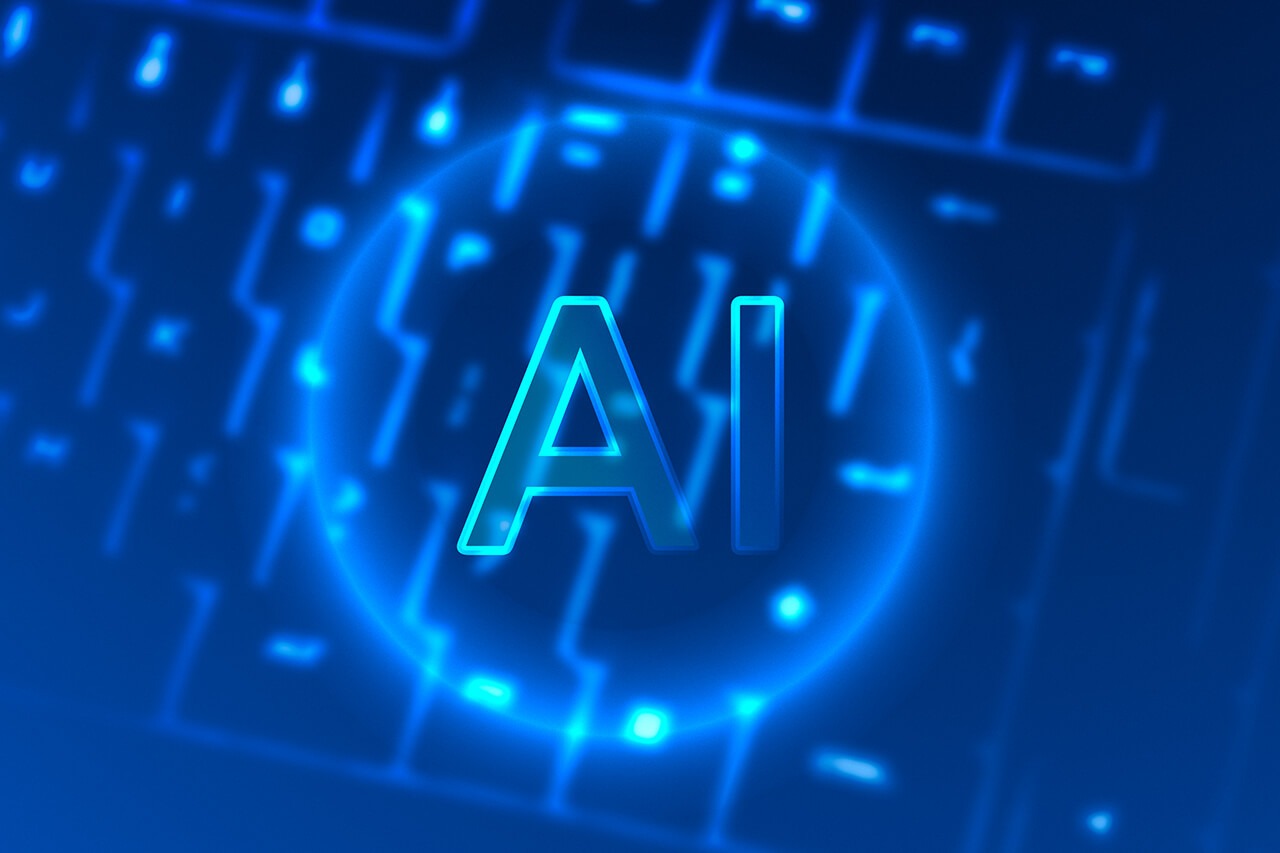Artificial Intelligence (AI) and Machine Learning (ML) have emerged as transformative technologies that redefine the way we interact with digital systems, make decisions, and solve complex problems. Rooted in the concept of intelligent automation, AI and ML empower machines to learn from data, adapt to changing scenarios, and perform tasks that traditionally required human intelligence. This article explores the essence of AI and ML, their applications, benefits, challenges, and the profound impact they have on various industries.
Understanding AI and Machine Learning:
- Artificial Intelligence (AI):
- AI refers to the simulation of human intelligence in machines, enabling them to mimic human-like cognitive functions. These functions include learning, reasoning, problem-solving, perception, and language understanding. AI systems can be rule-based or driven by machine learning algorithms.
- Machine Learning (ML):
- ML is a subset of AI that focuses on building systems capable of learning from data. Instead of being explicitly programmed for a task, ML algorithms use statistical techniques to enable machines to improve their performance on a specific task over time as they are exposed to more data.
Applications of AI and ML:
- Natural Language Processing (NLP):
- NLP enables machines to understand, interpret, and generate human language. Applications range from virtual assistants like Siri and chatbots to language translation services.
- Image and Speech Recognition:
- AI and ML are pivotal in image and speech recognition technologies. Facial recognition, voice-activated assistants, and image classification systems showcase the capabilities of these technologies.
- Predictive Analytics:
- ML algorithms analyze historical data to identify patterns and make predictions about future trends. This is widely used in industries like finance for fraud detection, healthcare for disease prediction, and marketing for customer behavior analysis.
- Autonomous Vehicles:
- AI and ML play a crucial role in the development of autonomous vehicles. These technologies enable vehicles to perceive their environment, make decisions, and navigate without human intervention.
- Healthcare Diagnostics:
- AI applications in healthcare include diagnostic tools that analyze medical images, predict disease outcomes, and assist in treatment planning. These technologies enhance accuracy and efficiency in healthcare processes.
Benefits of AI and ML:
- Efficiency and Automation:
- AI and ML automate repetitive tasks, leading to increased efficiency and productivity. This allows human resources to focus on more complex and creative aspects of their roles.
- Data-Driven Insights:
- ML algorithms analyze vast datasets to derive valuable insights. This data-driven decision-making enhances strategic planning, customer engagement, and overall business performance.
- Personalization:
- AI enables personalized experiences in various domains, such as recommending products, tailoring content, and customizing user interfaces. This personalization enhances user satisfaction and engagement.
- Improved Accuracy:
- ML algorithms continually improve their performance through learning from data. This leads to enhanced accuracy in tasks such as image recognition, speech processing, and predictive analytics.
- Innovation and Creativity:
- AI and ML open avenues for innovation by automating mundane tasks, allowing humans to focus on creative problem-solving and exploration of new ideas.
Challenges in AI and ML:
- Data Quality and Bias:
- ML algorithms heavily rely on data quality. Biases present in training data can lead to biased predictions and decisions, raising ethical concerns and the need for responsible AI practices.
- Interpretability:
- Understanding and interpreting decisions made by complex ML models can be challenging. Lack of interpretability can hinder trust and transparency in AI systems.
- Security Concerns:
- As AI applications become more prevalent, they become attractive targets for cyber attacks. Ensuring the security of AI systems and safeguarding sensitive data is a crucial consideration.
- Lack of Standardization:
- The lack of standardized practices and regulations in the AI industry poses challenges for ensuring ethical use, accountability, and consistent performance across different applications.
Impact on Industries:
- Finance:
- AI is used for fraud detection, algorithmic trading, and customer service in the financial sector, enhancing efficiency and security.
- Healthcare:
- ML assists in medical image analysis, drug discovery, and personalized medicine, revolutionizing diagnostics and treatment approaches.
- Retail:
- AI-driven recommendation engines, inventory management, and chatbots transform the retail experience, offering personalized and efficient services.
- Manufacturing:
- AI and ML optimize production processes, predict equipment failures, and improve supply chain management in the manufacturing sector.
Future Trends:
- Explainable AI:
- Addressing the interpretability challenge, there is a growing emphasis on developing AI systems that can provide clear explanations for their decisions.
- AI in Edge Computing:
- The integration of AI with edge computing devices enables real-time processing and decision-making, reducing reliance on centralized cloud systems.
- Responsible AI:
- Organizations are increasingly adopting responsible AI practices to ensure ethical use, prevent biases, and promote transparency in AI systems.
- AI-Driven Creativity:
- AI tools are evolving to support creative endeavors, aiding artists, writers, and designers in generating innovative content and ideas.













